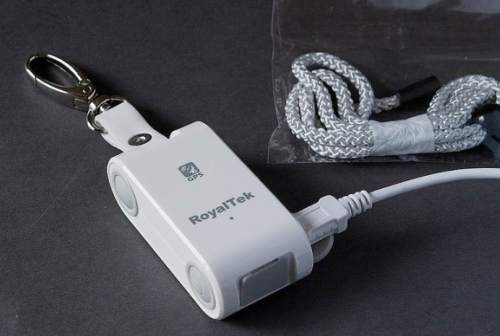The use of hidden GPS equipment to track (allegedly) cheating spouses is quite controversial. Of course, the strongest argument against this practice is the obvious invasion of privacy.
However, those arguing for the acceptance of GPS tracking as proof in court claim the equipment is typically installed only when a subject’s car is in a public place.

And now a New Jersey court has offered a strong precedent in favor of clandestine GPS tracking when it accepted such evidence in a divorce lawsuit as proof that one of the spouses was cheating.
When the couple in question (Kenneth Villanova and his now ex-wife) had marital trouble, an investigator – Richard Leonard – was hired to follow the husband in search of evidence of his infidelities.
After losing Kenneth a couple of times, Leonard suggested that Villanova’s wife buy and hide a GPS tracker in his truck.
The result? Villanova was caught driving around with another woman in the car after the GPS was installed.
When the evidence was subsequently presented in court, Kenneth sued both his wife and the investigator for invasion of privacy.
However, the judge ruled against Villanova, noting that he had not produced any evidence to show the tracking had caused him “substantial and permanent emotional distress” as claimed.
Even though there is still no comprehensive legal framework to regulate the use of GPS tracking or their admittance as evidence in court, the ruling in this case opens up the doors and offer a significant precedent for future similar cases in the state of New Jersey and possibly beyond.
[Via NJ.com]






